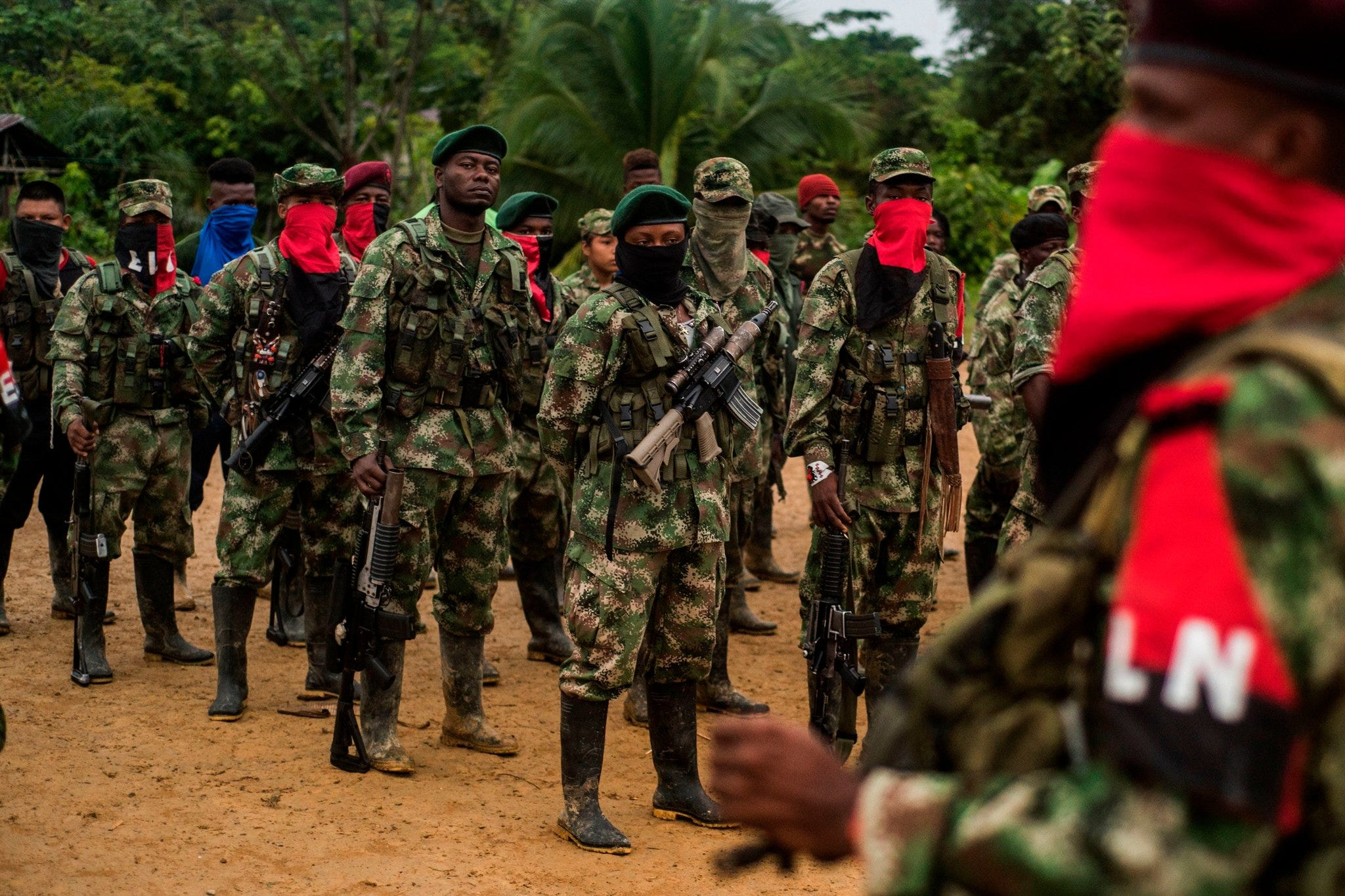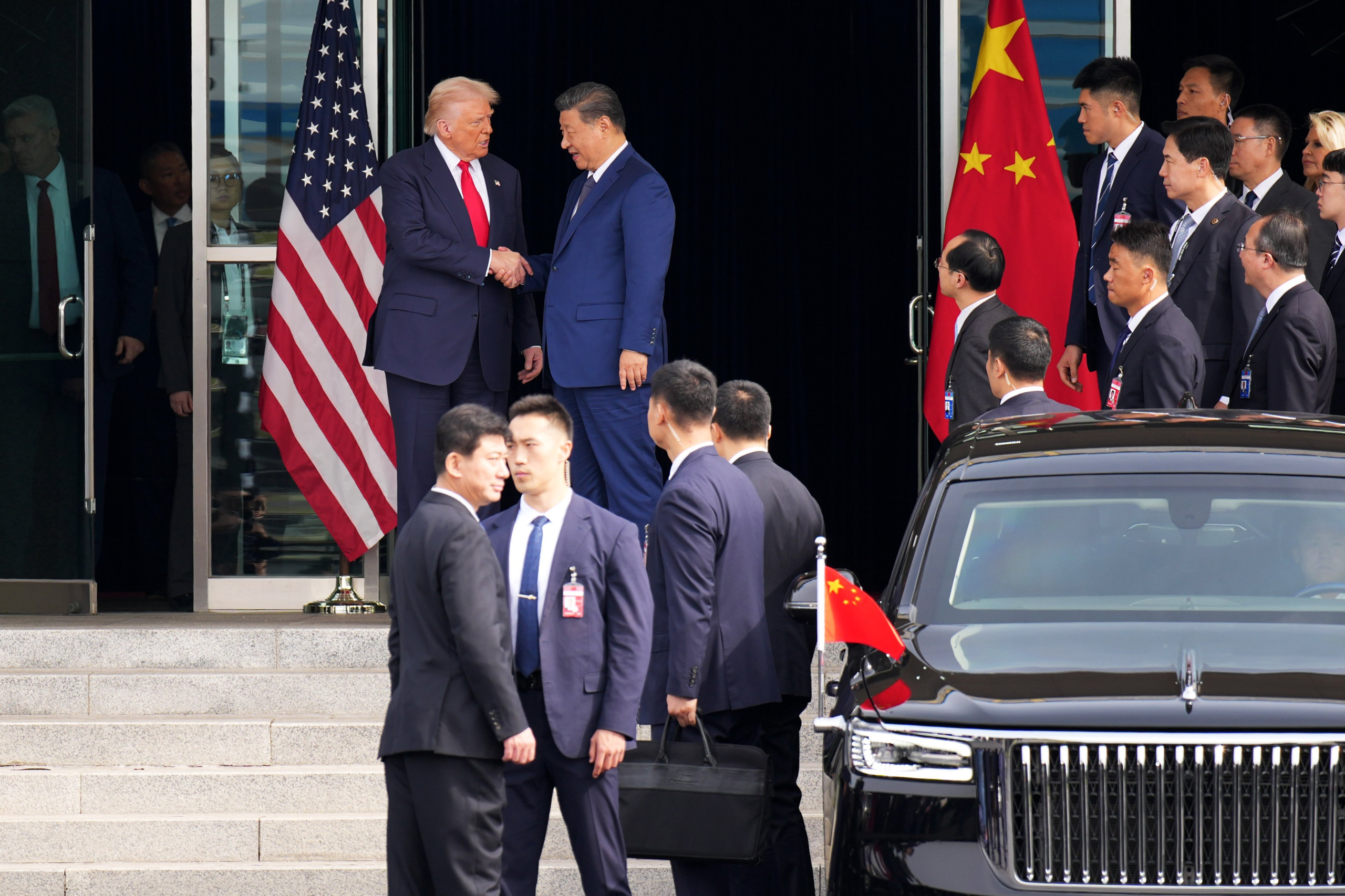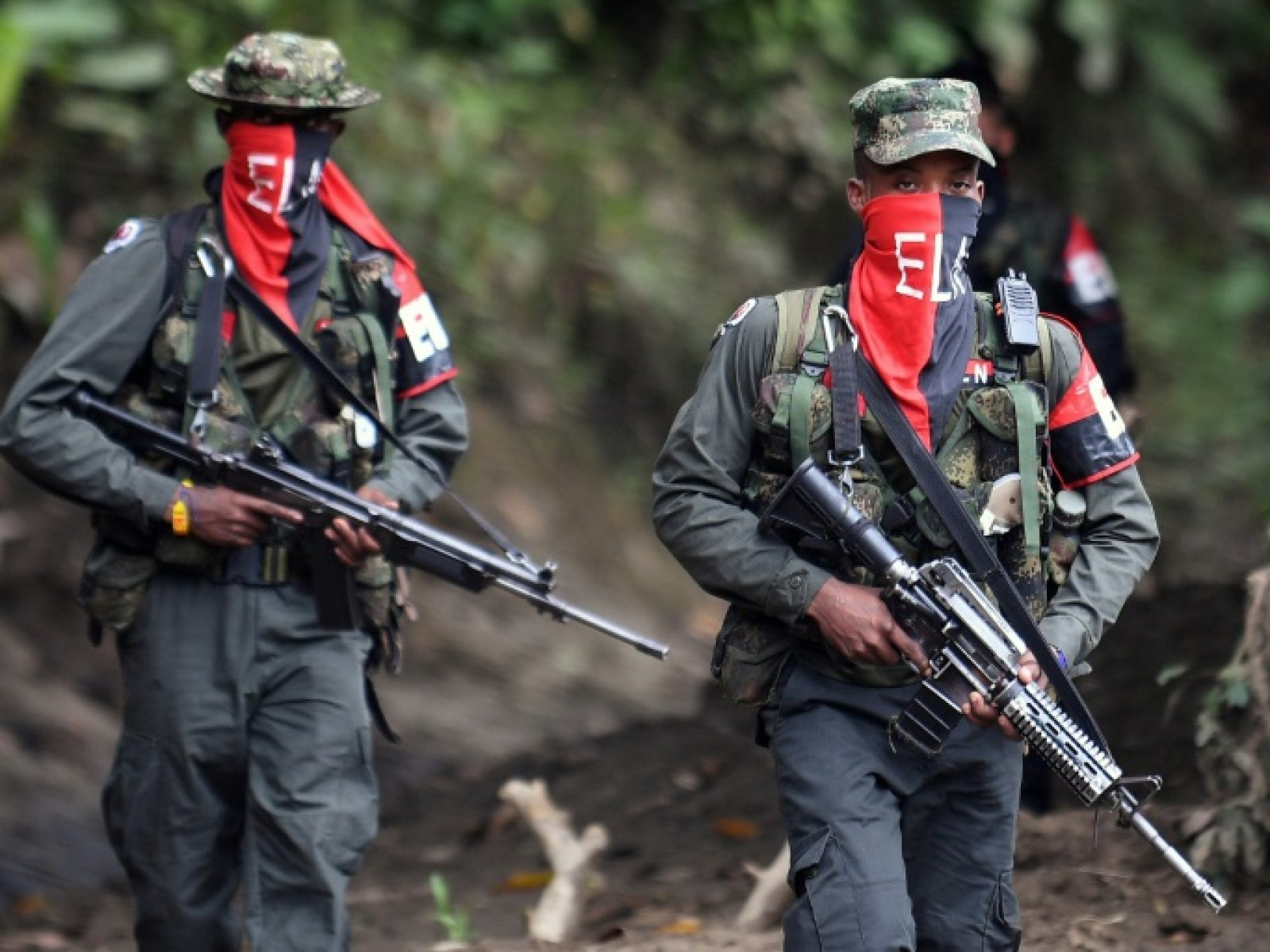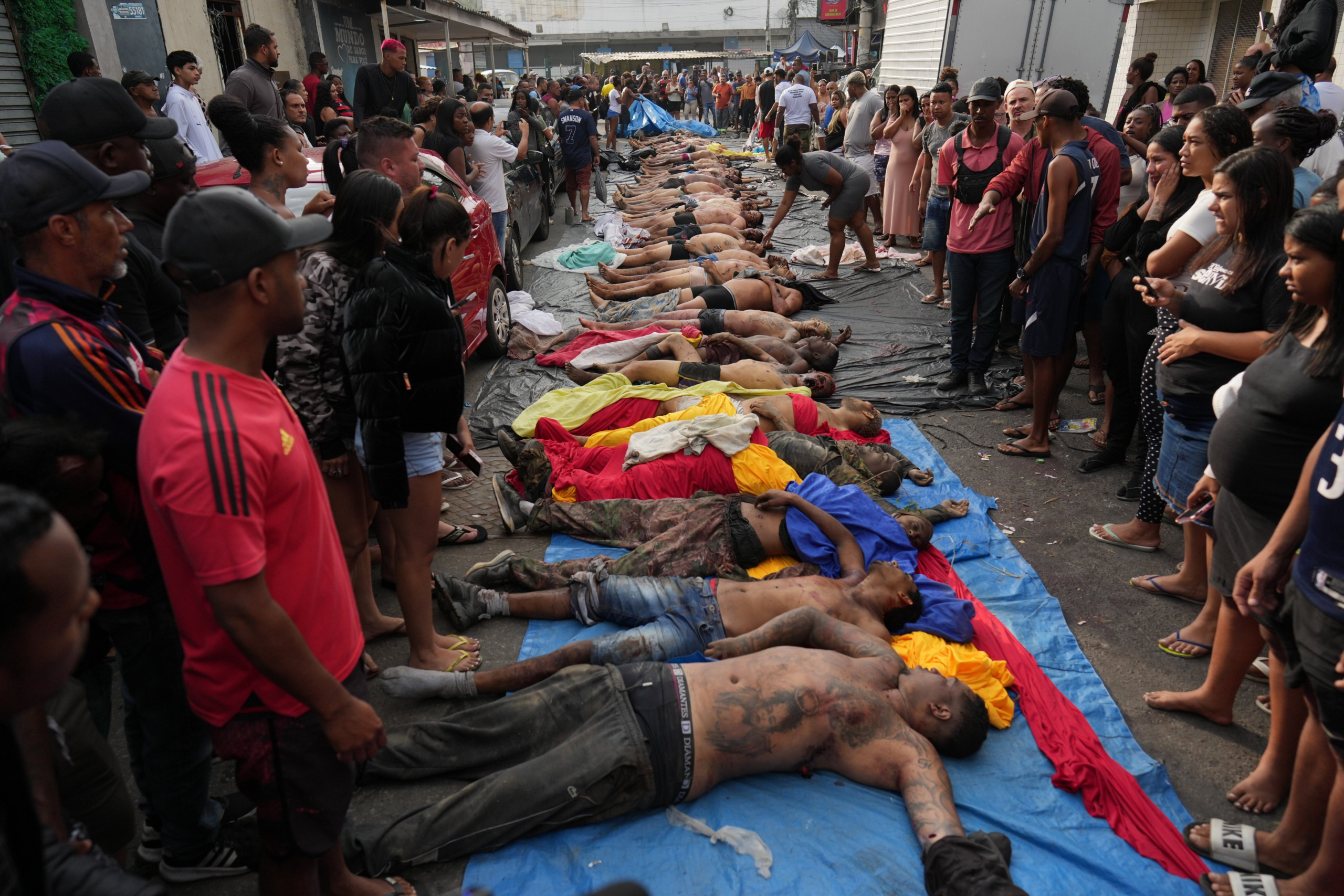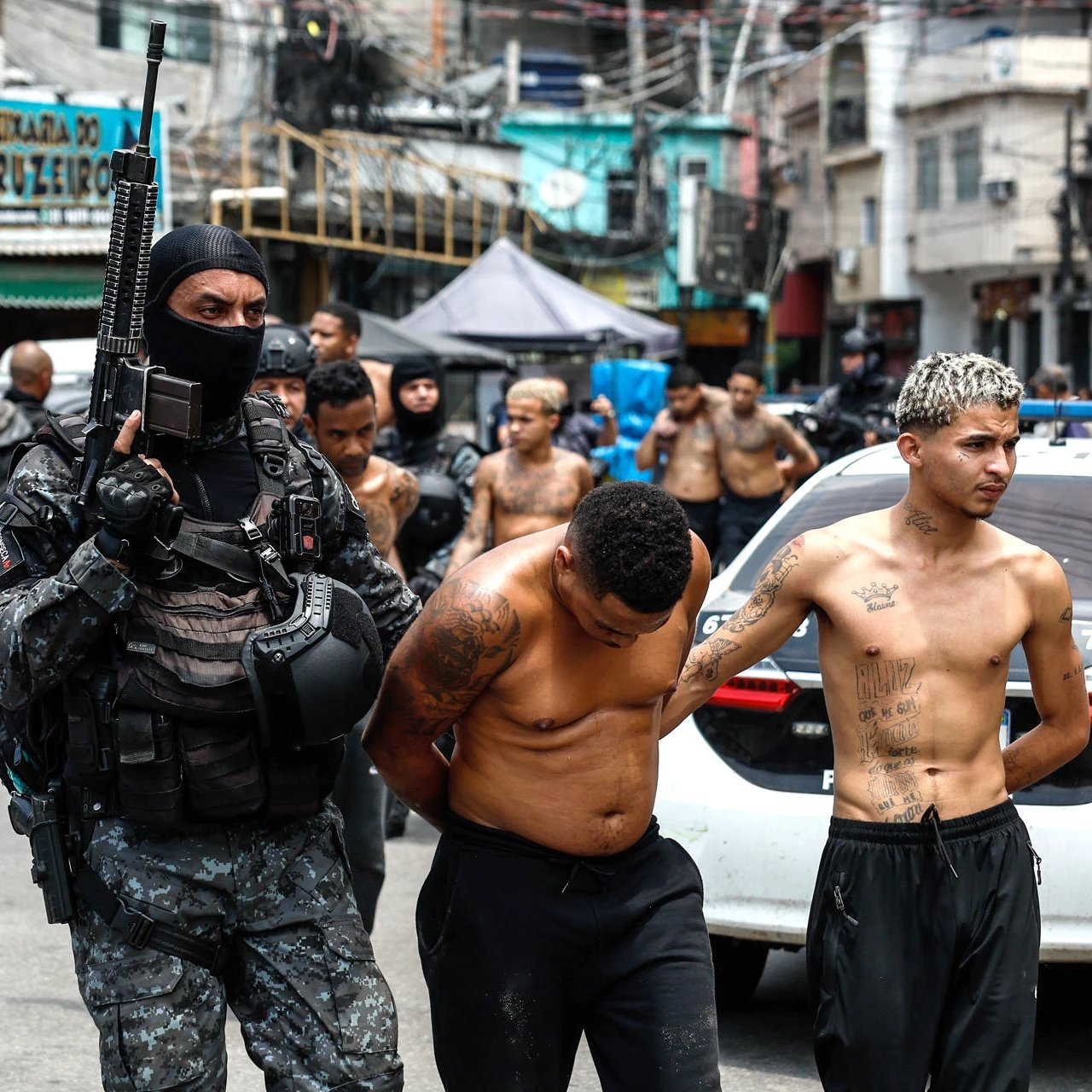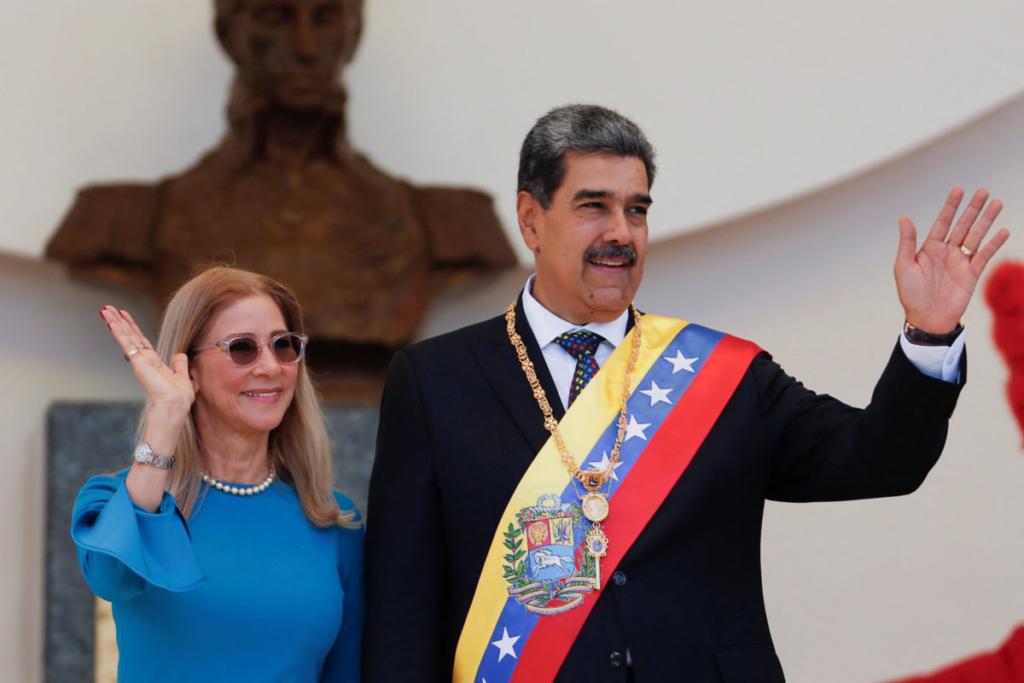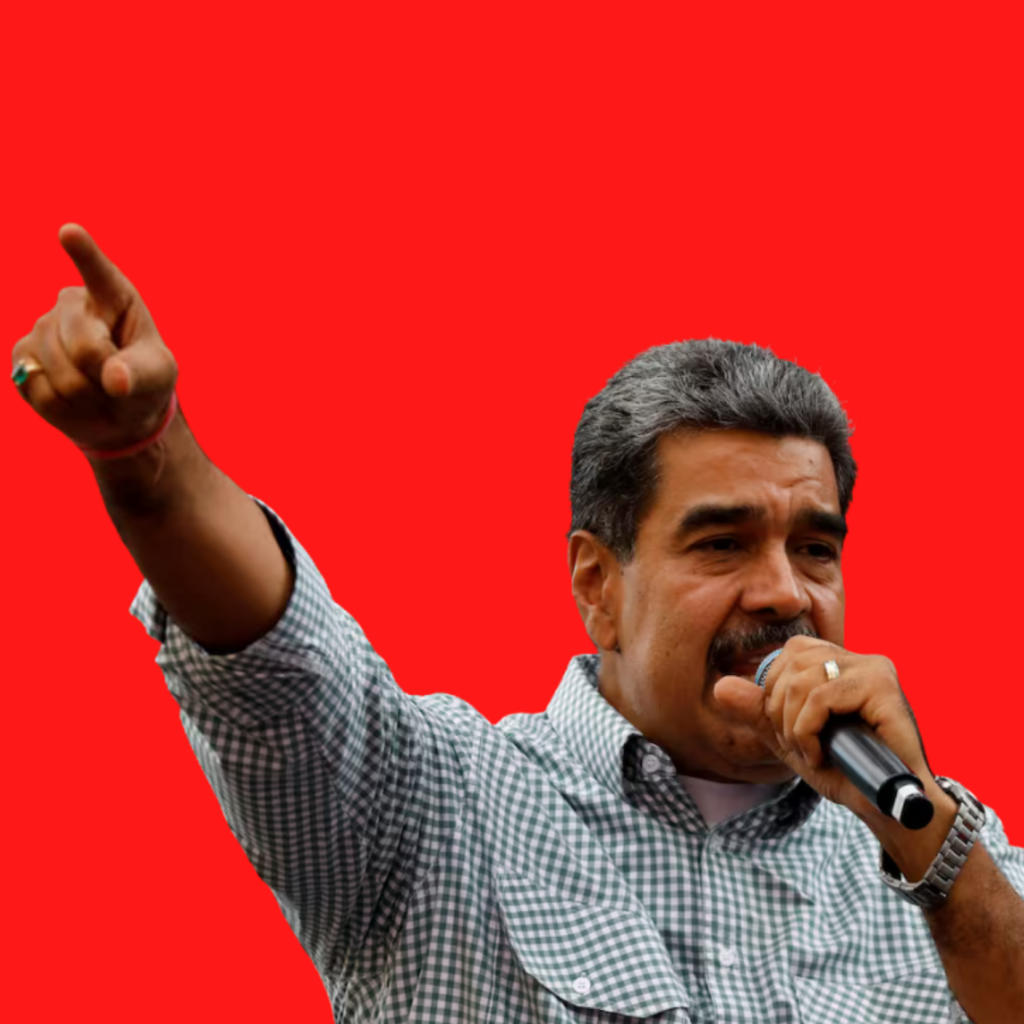The thick, boundlessly rich-producing forest regions of Colombia’s countryside were racked again this week. The sound of explosions bellowing through the innocent hillsides and natural vegetation of Colombia’s fertile northern region of Arauca.
Attacks like these have marked this region for decades, carried out by violent guerrilla groups who have occupied the realm since the 1960s. It was once territory held by the notorious FARC, the revolutionary Marxist movement that gained prominence during the 1980s by absorbing large swaths of territory and recruiting thousands into its ranks in a drive to uproot the central Colombian government through violent insurgency.
The FARC, however, officially disbanded in 2016 after reaching a peace agreement with the central state that conditioned the organization to forfeit its weapons. Today, a new multitude of armed gangs and guerrilla factions have taken its place. Most of these groups have replaced the discipline of a rigorous Marxist-Leninist ideology boasted by the FARC with the insatiable appetite of reckless greed and gangsterism for profit from the illicit drug trade, human trafficking, and illegal mining operations in the northern regions along the Venezuelan border.
On Thursday, the 17th of April, reports of another explosion along the country’s Bicentenario oil pipeline – operated by state-run oil firm Ecopetrol – that runs from Casanare to the port of Coveñas, made local headlines.
Colombia has been reeling from an energy crisis over the last five years with declining oil production unable to meet demand. El Niño’s impacts on the environment, especially in the Colombian mountain region, and its seasonal effects on energy production and water resources have led to rationing in the nation’s capital of Bogotá over the last year.
Expert research projections formulated in 2024 determined that rationing would be avoided in the coming years. However, due to the nation’s over-reliance on its dwindling energy reserves, 8 million Colombians had their water supplies shut off for 24 hours every eight days during the past 12 months.
The assault on the Bicentenario pipeline is the most recent one from a flurry orchestrated against the nation’s infrastructure since last month. The Colombian military has attributed the attack to a rebel group called the Ejército de Liberación Nacional – the National Liberation Army, or simply the ELN.
This guerrilla organization was founded in the mid-1960s alongside its FARC counterparts. The ELN started out as dreamy, communist revolutionary organization made up of young, middle-class, intellectual urbanites who decided to take to the hills of the northern regions and fight a guerrilla war against the state following years of government repression and targeted reprisals in response to the peasant uprisings during the violent years of the Bogotazo, a local revolt that took place in the capital during the late-1940s and 1950s.
Today, the ELN is the largest rebel group in Colombia, with numbers estimated to be around 5,000 armed combatants. The group has also been designated as a foreign terrorist organization by the United States and the European Union.
The ELN has been at the center of tremendous uproar in the country in recent months, responsible for perpetrating extreme acts of violence and destruction in Arauca, Norte de Santander, and the Catatumbo area where more than 50,000 civilians have been displaced, and hundreds more killed in the crossfire of a brutal war being waged between the ELN and rival former-FARC dissidents, battling over territory in a push to control a highly lucrative drug trade, and the profitable illegal mining operations, typically exploited by forced labor in the region.
On the same 17th of April, the day reports were coming in of the attack on the Bicentenario oil pipeline in Arauca, more bad news came out of Colombia. The United States revised its travel advisory for the South American republic, downgrading it to a more significant LEVEL 3 due to “crime, terrorism, civil unrest, and kidnapping” in the areas of Arauca, Cauca, and Norte de Santander, where illicit crop cultivation has proliferated over recent years. Many of these revisions can often be used as political tools to pressure governments to adopt policies more aligned with the administration in power, such as was witnessed during the brief Trump-Petro spat over the deportation of illegal migrants.
But crime is increasingly becoming more serious throughout Colombia, including in the nation’s capital of Bogotá. The threat of guerrilla groups terrorizing rural regions and innocent populations has run rampant in the last few months, subverting the Petro government’s promise to reduce the nation’s rebel violence by his “Total Peace” initiative. But peace has failed, and there appears to be no respite for it.

